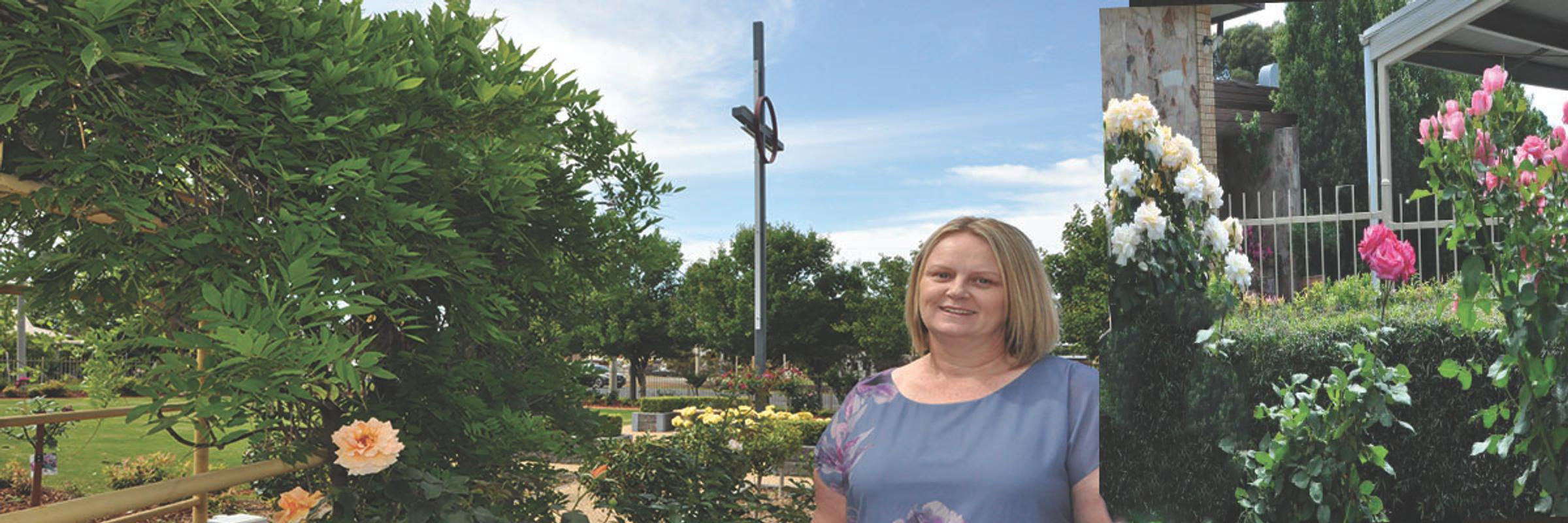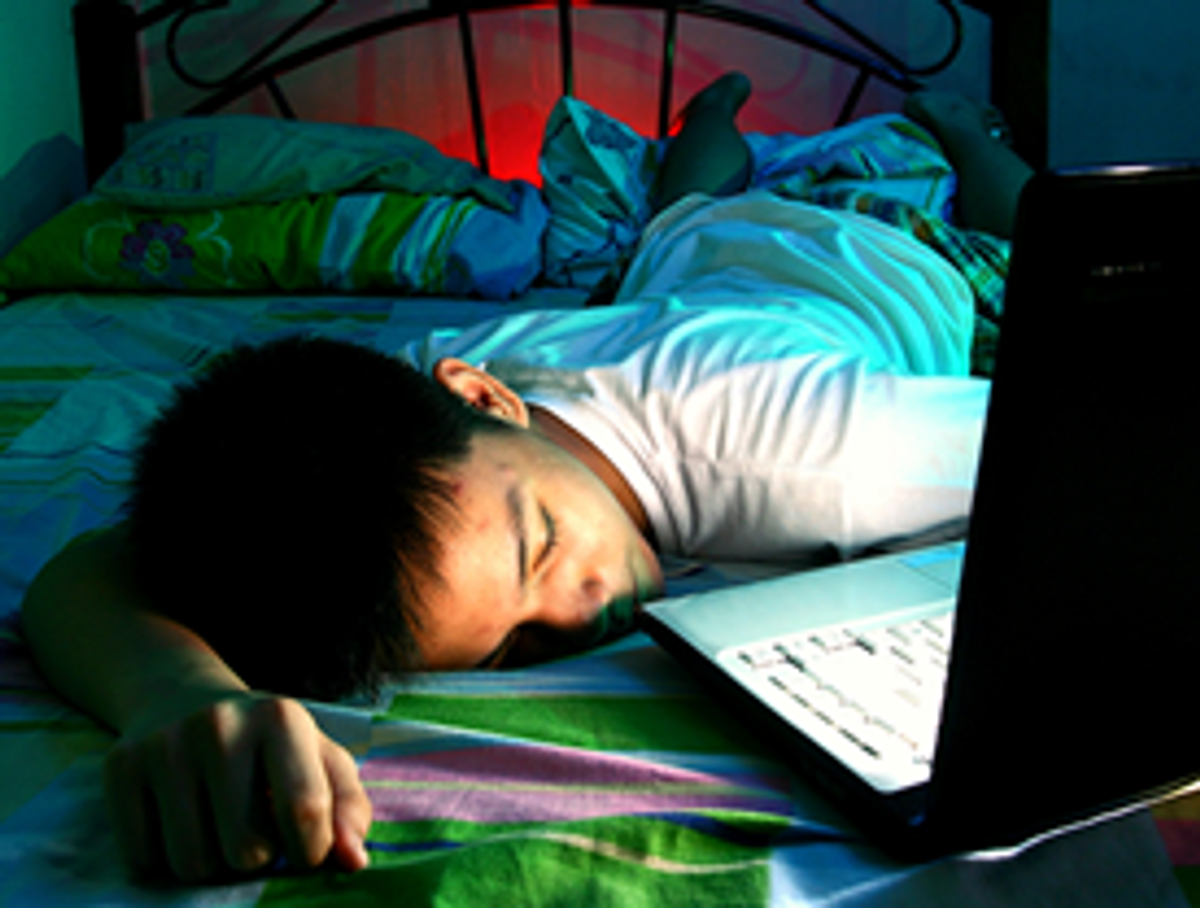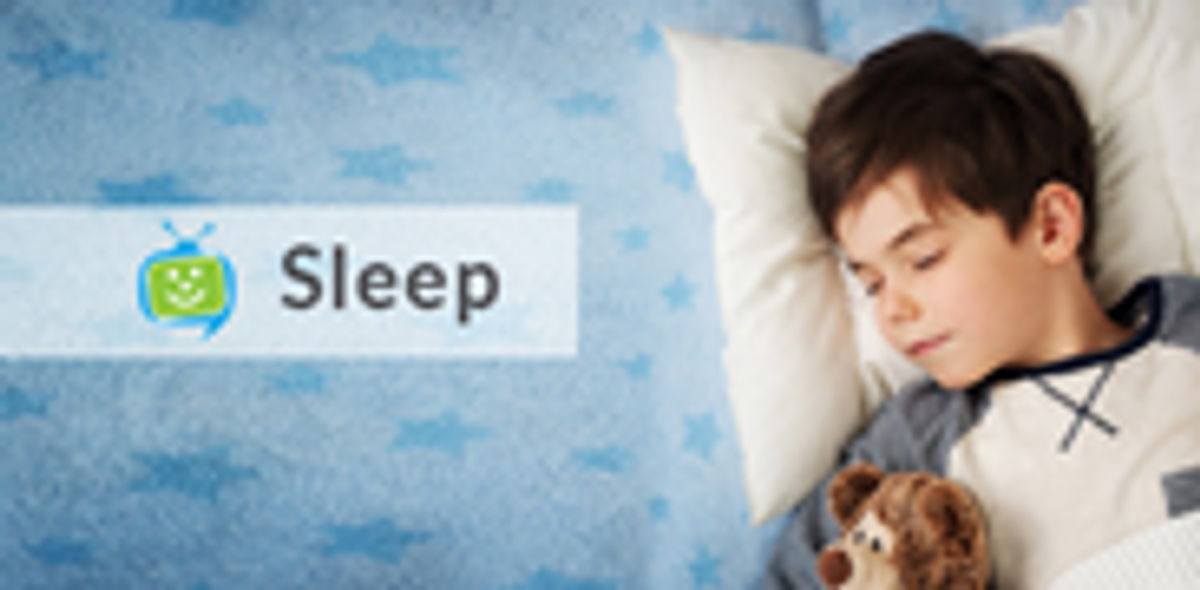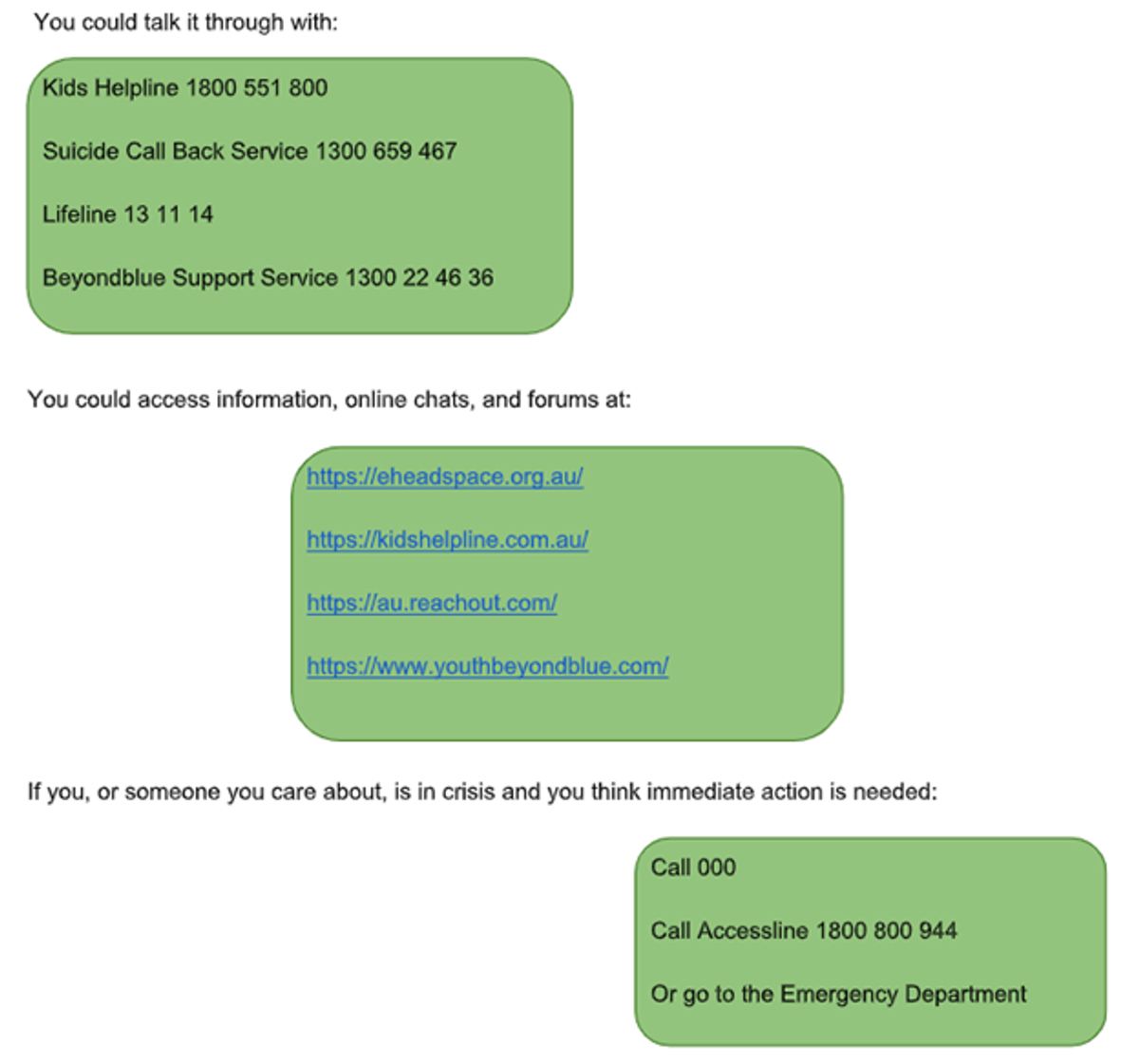Counsellor/Wellbeing News

How many times did you hit the snooze button this morning?
We all crave sleep, but too many nights we fall short of the seven or eight hours we need to thrive. Sleep research shows that a teenager needs between 9 and 10 hours of sleep every night. Yet most teens are sleeping only about seven or eight hours a night on average.
A report commissioned by the Sleep Health Foundation found that inadequate sleep is highly prevalent in Australia with an estimated 39.8% of Australian adults experiencing some form of inadequate sleep. That’s equivalent to four in 10 Australian adults — or 7.4 million people. Another study by the Woolcock Institute of Medical Research stated that 70% of Australian High School students are sleep deprived because of technology, with more teenagers using smartphones, tablets, televisions, and gaming consoles late into the night. The situation is reportedly made worse because 40% of students are self medicating with at least two energy drinks per day.
In today's overscheduled society, sleep may feel like a luxury, when in fact it's a necessity. Sleep is vital to our health, safety and overall well-being. Sleep recharges the brain, allowing it to learn and make memories. Insufficient sleep has been linked to car crashes, poor work performance and problems with mood, feelings of sadness and irritability, poor relationships, reduced alertness, poor concentration, and poorer academic performance. Sleep deprivation also raises the risk of high blood pressure, heart disease, diabetes, obesity, depression and stroke.
Andrew Fuller, a clinical psychologist explains the physiological impact of sleep on our brains: “Getting enough sleep is one of the most powerful ways we can protect ourselves against depression. The structures in the brain that support the most powerful antidepressant, serotonin, are built and re-built between the sixth and the eighth hour of sleep”.
Here are some tips to promote a good night's sleep:
- Try to get up at about the same time each morning.
- Do physical activity during the day, preferably outside.
- If you're worrying about things during the night, set aside some time for problem-solving during the day.
- Avoid drinks that contain caffeine (e.g. tea, coffee or soft drinks) after 4pm as it’s a brain stimulant.
- Allow yourself time to wind down before going to bed. If you're working or studying, stop at least 30 minutes before bedtime. Try to relax before bed, avoiding phones, tablets and TV.
- Keep your bed for sleep not studying or watching movies etc. so your brain learns to associate going to bed with sleep
School TV also has some helpful information. Here is the link to the Sleep edition
https://mccww.catholic.schooltv.me/newsletter/sleep
As Term 2 comes to an end I would like to wish everyone a safe and enjoyable break. Look forward to catching up in Term 3.
If you need any support during the break, remember support is available.
Karen Surian
College Counsellor and Wellbeing




